It should have been a very good week for Labour – it ended up as anything but
Inside Westminster: George Osborne could hardly believe his luck as Labour’s leadership got into a pickle over his charter

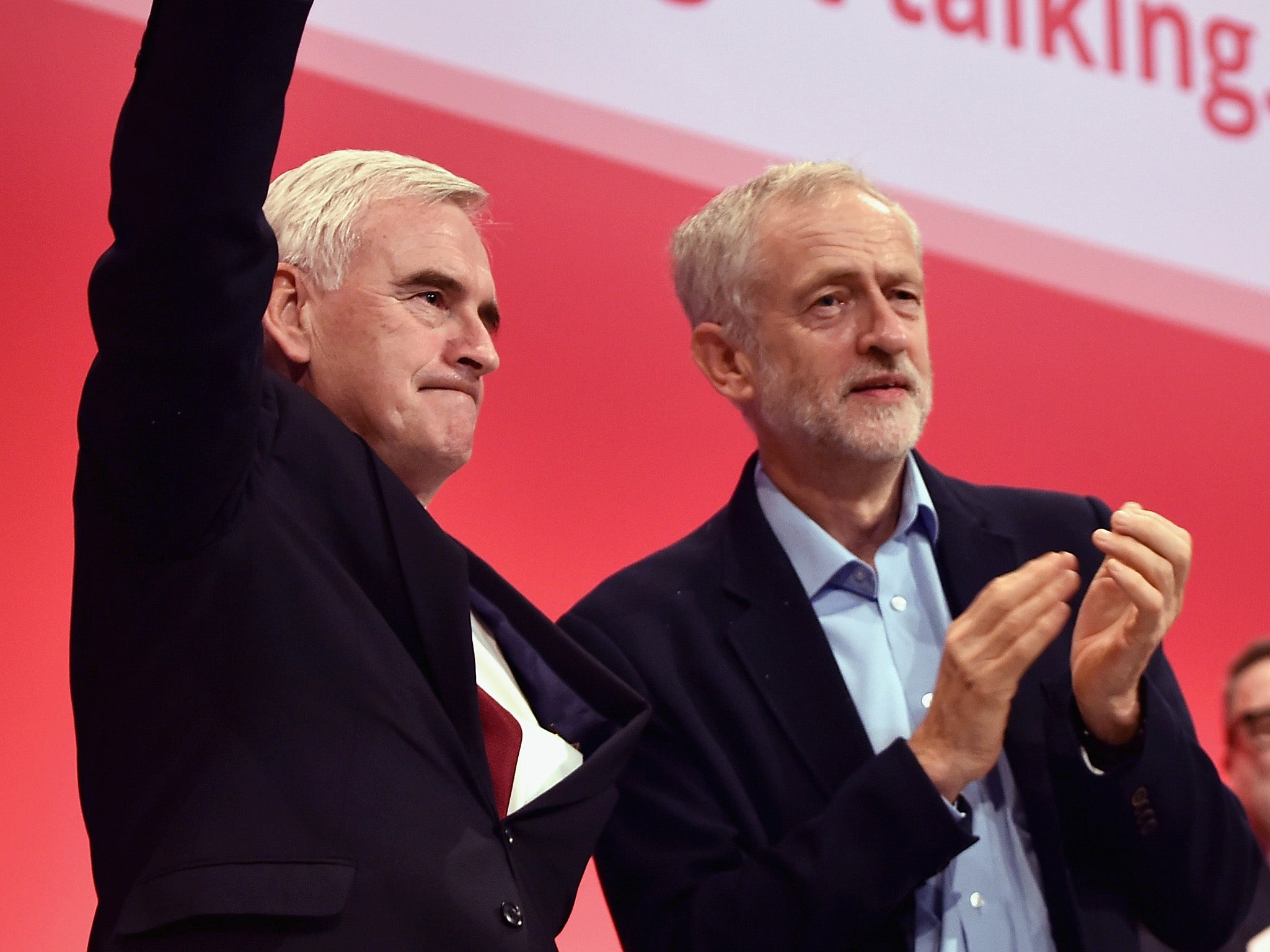
If you want entertainment, go to the circus,” the former Labour leader Neil Kinnock told his hard-left opponents during his struggle in the 1980s to set the party on a path to modernisation, economic credibility and electability.
The internal enemies that Lord Kinnock eventually saw off now lead his party. And they are certainly providing lavish entertainment for Westminster journalists and their real enemy, the Conservatives.
Lord Kinnock’s phrase came to mind on Monday as a flock of reporters hovered outside a Commons committee room where the Parliamentary Labour Party was meeting. Inside, there was anger over a spectacular U-turn by John McDonnell, the shadow Chancellor. Two weeks earlier, he had reassured moderate Labour MPs by saying the Opposition would support George Osborne’s charter for budget responsibility, which commits the Government to running a surplus in normal economic times. “We are not playing those games any more,” Mr McDonnell said. Indeed, Mr Osborne’s move was remarkably similar to one he described as “a completely feeble stunt” and “the biggest load of nonsense” when his auld enemy Gordon Brown introduced a Fiscal Responsibility Bill in 2010.
The Chancellor could hardly believe his luck as Labour’s new leadership got into such a pickle over his charter. It had spotted his trap a mile away and walked in the other direction. Then, bizarrely, Labour about-turned and charged happily into it.
While the Tories loved the circus, it was no laughing matter for Labour MPs. Twenty-one defied Jeremy Corbyn by abstaining in Wednesday’s Commons vote on the charter, producing more bad headlines. Corbyn allies could not disguise what some admitted was “a disaster.”
There were even wicked whispers that Mr McDonnell’s U-turn was very much his own decision rather than Mr Corbyn’s, and that there was tension between them over the Labour leader appointing moderates to his frontbench team. “The failure of internal communication goes right to the very top,” one Labour insider said. “It’s a lack of basic political management. If we can’t communicate with each other, how can we hope to communicate with the voters? Lessons must be learned.”
The irony is that Mr Corbyn installed his close ally Mr McDonnell in the Shadow Cabinet’s most important post because he wanted to avoid a repeat of the Blair-Brown power struggle. If Mr Corbyn and Mr McDonnell fall out, then the game really is up for them. I doubt they will; they know that they sink or swim together. Their allies admit that, having enjoyed the luxury of life as backbench rebels for so long, the pair are on a very sharp learning curve running a major political party. They need to be able to see round corners, or at least think ahead, as the fiasco over the fiscal charter shows. “It’s early days,” one Corbynista insisted. But it’s not. Early impressions stick, and if the public see a shambolic and divided party, they will not give it a hearing.
This should have been a good week for Labour. Even the most hard-bitten Westminster journalists admitted that Mr Corbyn’s understated style worked well again at Prime Minister’s Questions. Without the about-turn, Labour could have used Wednesday’s debate on the charter to put pressure on the Government over its cuts to tax credits, on which it is vulnerable.
Many Labour MPs fear their party is repeating the mistakes it made immediately after its 2010 election defeat. Labour allowed the Tories to persuade the public that overspending by the previous Labour Government had caused a deficit that undoubtedly was actually created by the global economic crisis. Under Ed Miliband, Labour could not agree how to answer that charge and it haunted the party at the 2015 election.
Now, in the early days of the Corbyn leadership, Labour’s lack of economic competence is not only being ignored as the party tries an anti-austerity approach; it is being compounded by general incompetence. “We are making Miliband’s time look like a golden era,” one Labour MP said with heavy irony.
Mr Corbyn’s authenticity, which shines through at PMQs, is his greatest asset. Yet some allies seem to think this means he does not need a professional operation around him. There is no contradiction between the two, as the SNP showed under the intense media spotlight of its biggest-ever annual conference, which ends on Saturday in Aberdeen. Indeed, the highly disciplined SNP could revel in Labour’s disarray and divisions, which helped it portray itself as the only credible anti-austerity party in Westminster and the real opposition to the Tories.
One lesson from this year’s general election in Scotland was that, while voters supported higher public spending, only the SNP was trusted to spend it wisely and Labour was not. Mr Corbyn should take note: it’s economic credibility, stupid.
There is another danger for Labour. Spending the next four and a half years opposing Tory austerity might make Labour’s army of new members feel good about themselves. But by 2020, the game may have moved on. Unless there is another global crisis, the Government will probably have wiped out the nation’s deficit. Having done the tough economic stuff, the Tories would have more room to tackle the social problems identified by David Cameron in his party conference speech 10 days ago. Yes, Labour would argue that the straitjacket imposed by the fiscal charter means “permanent austerity” and, with the deficit cleared, it could pledge to outspend the Tories.
Yet, as Scotland shows, unless Labour wins the public’s trust on the economy, such promises might fall on deaf ears. Voters might well judge “compassionate Conservatism” a safer bet, offering the best of both worlds by combining fairness and economic efficiency.

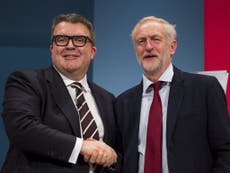
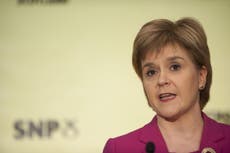

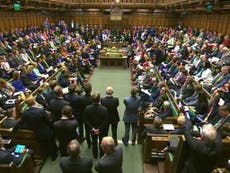

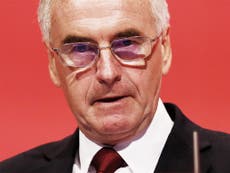
Join our commenting forum
Join thought-provoking conversations, follow other Independent readers and see their replies